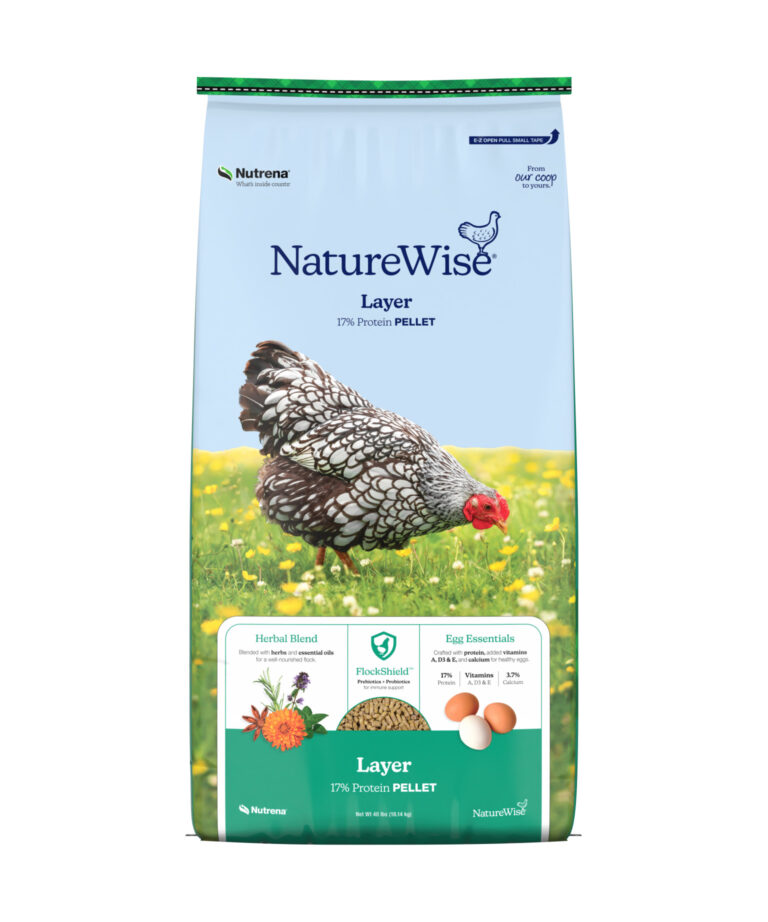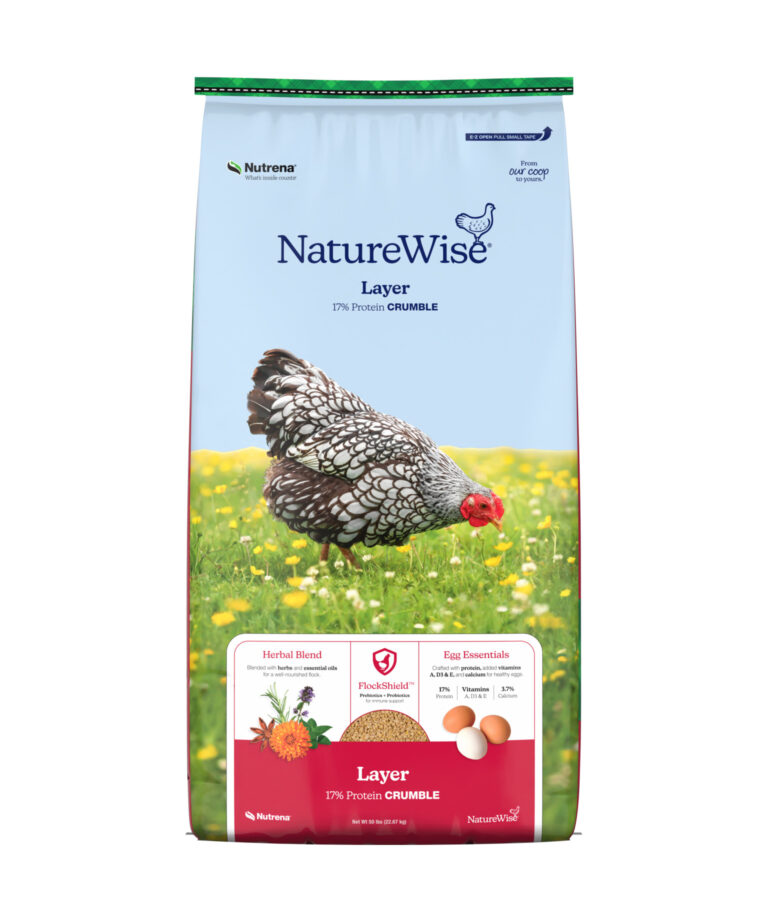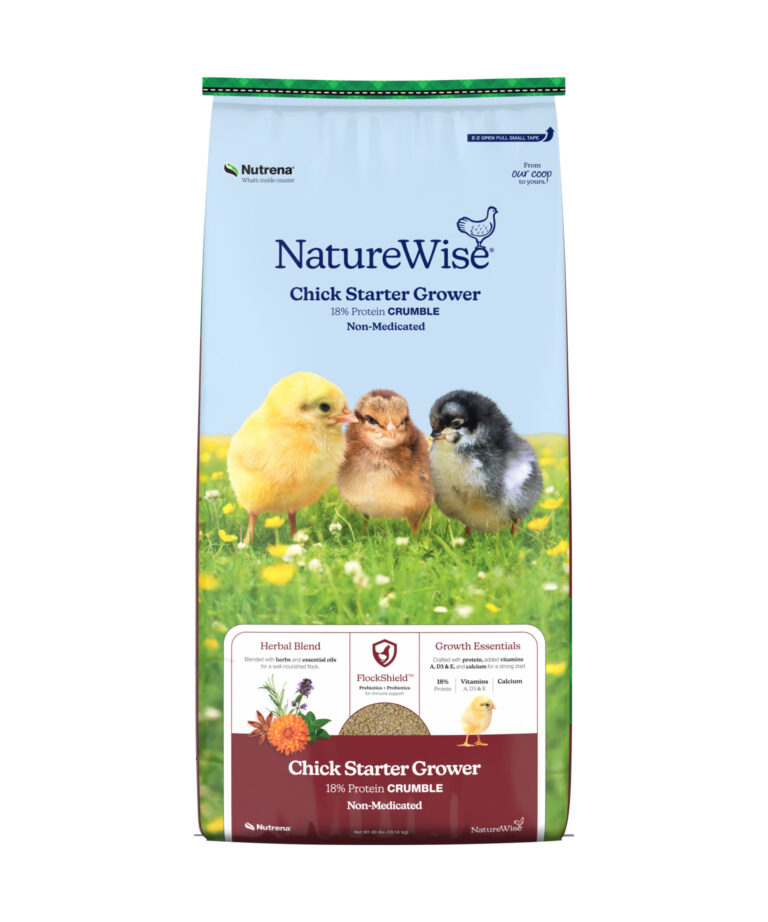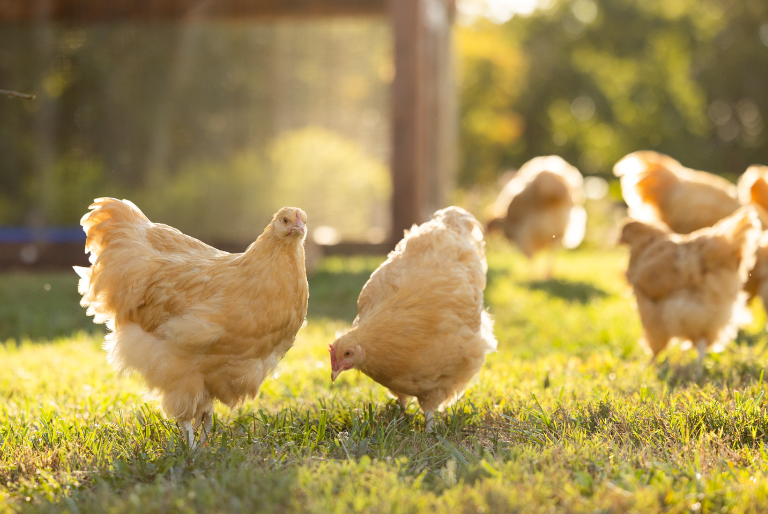How to Keep Your Backyard Flock Healthy

History teaches us that disease spreads fastest when sanitation slips and communities mingle closely. Whether it was influenza after World War One or bubonic plague centuries earlier, crowded living and poor hygiene allowed microbes to thrive. The same lessons apply to keeping backyard chickens healthy. When birds enjoy clean housing, nutritious poultry feed, fresh water, and protection from outside pathogens, they tend to stay remarkably healthy.
Key Takeaways
- Clean living for backyard chickens is crucial to prevent disease.
- Provide enough space, keep the coop dry, and ensure good nutrition for healthy birds.
- Protect the flock from predators and provide a clean environment without overcrowding.
- Practice biosecurity by buying from responsible hatcheries and isolating new birds before introduction.
- Regularly clean equipment and consider vaccination to reduce disease risks.
Why Clean Living Matters
Human history shows how illness can spread when populations live tightly packed in unsanitary places. Similarly, chickens housed in damp, dirty, crowded spaces are far more likely to face disease challenges. Fortunately, backyard flocks have an advantage. With thoughtful care and a bit of prevention, most flock owners enjoy years without losing a single bird to illness.
Maintain a Healthy Flock
Give Them Space
Chickens need room to breathe, stretch, and behave naturally. Crowded coops invite problems ranging from pecking and egg‑eating to odor and disease.
- Larger breeds need at least four square feet of coop space per bird.
- Light breeds may need slightly less.
- More space is always better, especially when paired with access to a clean outdoor run that offers sunshine, fresh air, and opportunities for dust bathing.
Keep the Coop Dry
Moisture is the enemy of a healthy coop. Wet bedding leads to odors and bacterial growth.
- Remove damp litter immediately and replace it with clean wood chips.
- Repair any leaks and secure waterers so they cannot tip over.
Feed Them Well
Good nutrition fuels a strong immune system.
- Choose a complete, balanced ration like Nutrena NatureWise Layer Feed, which provides essential nutrients for healthy hens.
- Birds can supplement with insects and plants they find, but high‑quality commercial feed should be the foundation.
Protect the Flock
Healthy birds still need protection from environmental stressors.
- Secure the coop against predators.
- Reduce exposure to biting insects.
- Prevent cold drafts while still allowing ventilation.
Keeping Diseases Away
Why Isolation Helps
Most backyard flocks are naturally isolated. With few chicken‑keeping neighbors, disease‑causing microbes struggle to find their way in. The biggest risk often comes from us, whether on our shoes, clothing, or in the form of new birds brought into the flock.
Biosecurity Basics
These simple habits help keep pathogens out.
Buy From Responsible Hatcheries
Choose hatcheries that participate in the National Poultry Improvement Plan (NPIP) and follow proper permitting and sanitation practices. Many share biosecurity guidance in their catalogs.
Be Cautious With New Birds
Adding a new hen can feel exciting, but it is one of the easiest ways to introduce disease.
- Ensure newcomers come from clean, healthy flocks.
- Quarantine all new birds for at least one month before introducing them to the main coop.
Clean Clothes and Shoes
After visiting another flock or a poultry show, change clothing and clean footwear immediately. Even tiny bits of dirt or manure can carry disease.
Mind Wild Animals
Limit access for wild birds and rodents, which may bring pathogens into the coop.
Clean Equipment Regularly
Wash feeders and waterers often to reduce bacterial buildup and keep drinking water clean.
Consider Vaccination
Vaccines are available for some common diseases, and many hatcheries offer vaccinated chicks. Medicated chick starter can also help reduce coccidiosis pressure during early growth.
Small backyard flocks that enjoy clean housing, nutritious feed, and thoughtful isolation from disease rarely get sick. With a few simple, consistent habits, your chickens can thrive for years and reward you with a productive, healthy flock.




